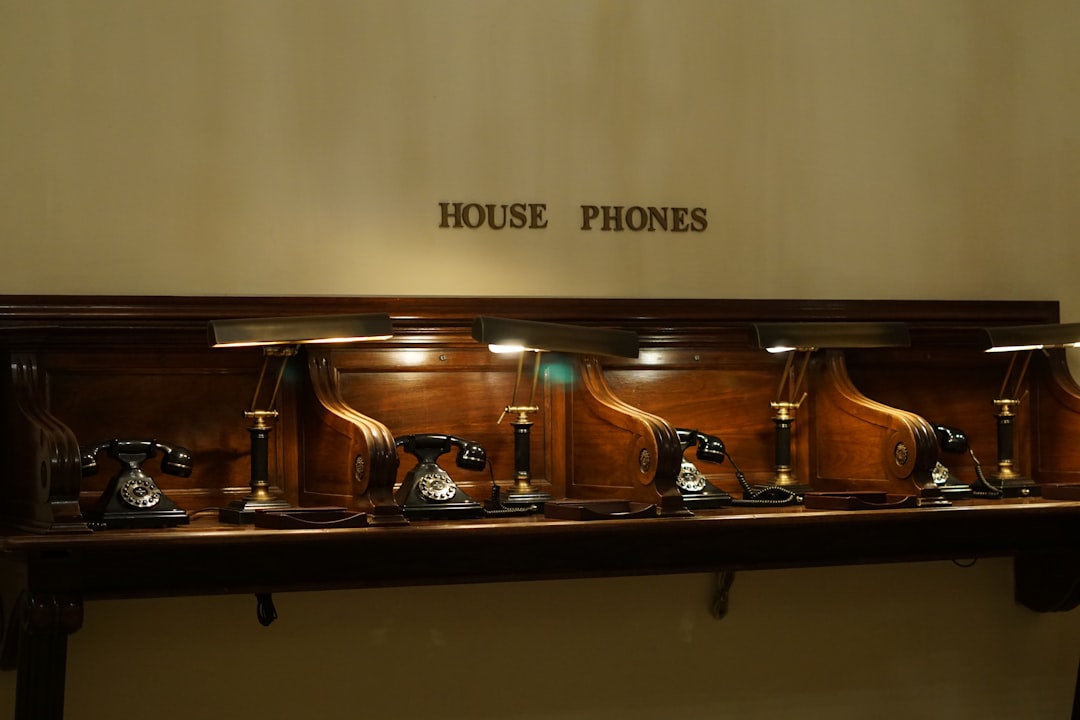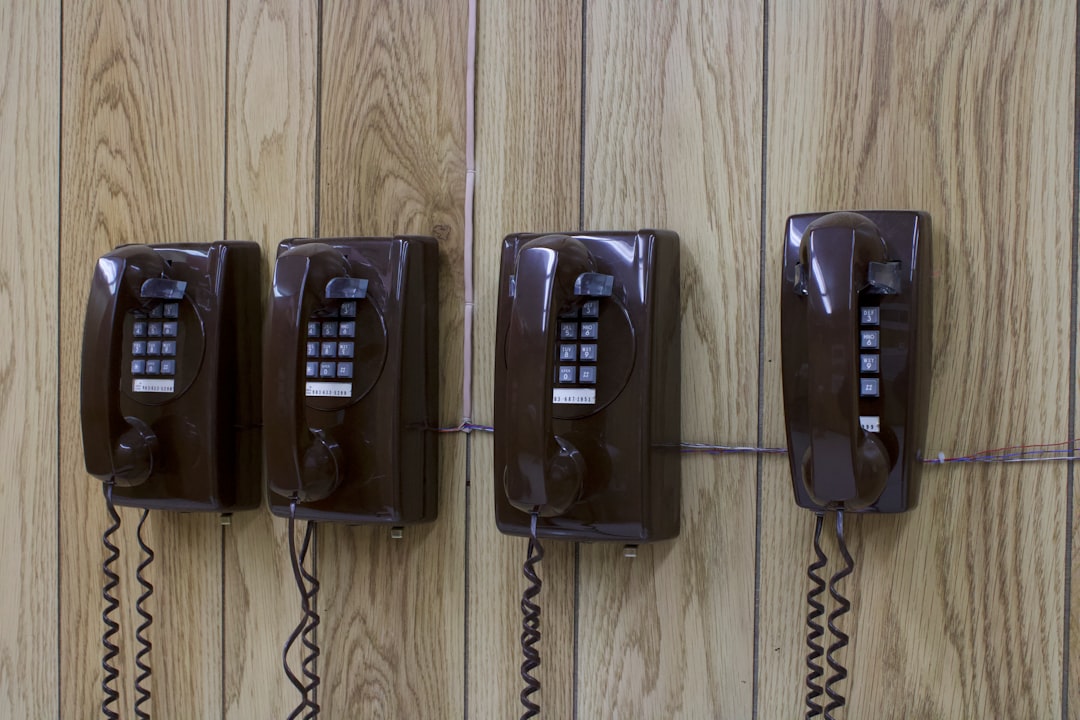In Dover, Delaware, robocalls have become a widespread issue, with both legitimate and deceptive messages overwhelming residents. To combat this, individuals should be cautious of unknown callers using high-pressure tactics or urgent claims. By verifying caller identities, avoiding sharing personal data unless initiated by the caller, signing up for the National Do Not Call Registry, and utilizing call-blocking apps, Dover citizens can protect themselves from robocall scams and reduce unwanted interruptions.
In today’s digital age, understanding robocalls is crucial, especially in bustling Dover, Delaware, where their prevalence has been growing. This guide aims to help you navigate the maze of phone calls. We’ll explore how to differentiate legitimate calls from scams, providing insights and tips tailored for Dover residents. By learning to identify and protect yourself from robocall fraud, you can ensure peace of mind while navigating the ever-evolving landscape of communication in Delaware.
Understanding Robocalls and Their Prevalence in Delaware

In today’s digital era, robocalls have become increasingly prevalent across Delaware, affecting folks in Dover and beyond. These automated phone calls, often delivering pre-recorded messages, are designed to reach a wide audience rapidly. While some robocalls promote legitimate services or organizations, many are used for deceptive purposes, like marketing scams or fraudulent activities.
Understanding the rise of robocalls in Delaware requires recognizing their tactics. Scammers utilize technology to dial thousands of numbers simultaneously, making it challenging for individuals to discern genuine calls from potentially harmful ones. By understanding the common patterns and practices associated with robocalls, residents of Dover can better protect themselves against these unwanted intrusions and ensure they only engage with legitimate calls.
Identifying Legitimate Calls vs. Scams

In Dover, Delaware, as across the nation, legitimate calls and robocalls can often sound similar on the surface. However, there are key differences that can help you identify a genuine call from a potential scam. Legitimate businesses typically reach out through verified contact information, offering personalized interactions. They may use automated systems for certain tasks but will often connect you to a real person after initial greetings. On the other hand, robocalls often originate from unknown numbers, employ prerecorded messages, and attempt to sell products or services in bulk, disregarding individual preferences.
To avoid falling victim to Delaware robocalls, stay vigilant. If an unexpected call creates a sense of urgency or demands immediate action, it could be a scam. Reputable companies will not pressure you into making hasty decisions over the phone. Be cautious when sharing personal information and always verify the caller’s identity before providing any details, especially if they claim to represent a government agency or well-known organization.
Tips for Protecting Yourself from Robocall Scams in Dover

In Dover, Delaware, as across the nation, robocalls have become a prevalent and often annoying nuisance. Protecting yourself from these automated scams requires vigilance and awareness. One effective strategy is to never provide personal or financial information over the phone unless you initiate the call and verify the identity of the caller. Be cautious of unexpected calls claiming to be from government agencies, banks, or utility companies; legitimate organizations typically prefer verified communication channels.
Additionally, consider signing up for the National Do Not Call Registry, which can block many robocalls. Utilizing call-blocking apps specifically designed to identify and block known scam numbers can also significantly reduce your exposure. Regularly reviewing your call history and hanging up on suspicious calls promptly is another crucial step. By staying informed and implementing these protective measures, residents of Dover can minimize their risk of falling victim to robocall scams.






